Bloating
Struggling with bloating? Here’s what you need to know to find relief.
ALL TEST ARE ACCREDITED & REGULATED BY



What is bloating?
When you’re bloated, your stomach or abdomen can feel full and uncomfortable, or even painful.
This bloating happens when your gastrointestinal tract contains too much gas or air. Bloating can be mild, or more severe, and may present as:
– A visibly distended or swollen abdomen
– Feeling very full and uncomfortable
– Feeling of tightness in the abdomen
– Excess gas – belching and/or flatulence
– Rumbling or gurgling
There are several causes of bloating, so it’s important to diagnose the cause of your bloating and find out why it’s happening to you.

Why does bloating happen?
Prolonged periods of bloating could indicate an underlying health problem, if so you should see your GP.
Possible causes can include:
Irritable bowel syndrome (IBS diagnosis)
Ulcerative colitis, a form of inflammatory bowel disease (IBD), where the inner lining of the large bowel is inflamed and develops ulcers
Crohn’s disease, the other form of IBD, where some parts of your colon are inflamed
Too much bacteria in your small intestine (called small intestinal bacterial overgrowth, or SIBO)
Gastroesophageal reflux disease
Food intolerances, especially lactose or fructose intolerance
Producing too much gas (dysbiosis and fermentation)
Weight gain
Stress or anxiety
Delays in your food and drink moving on from your stomach (called gastroparesis)
Eating too quickly, so that you swallow too much air (called aerophagia)

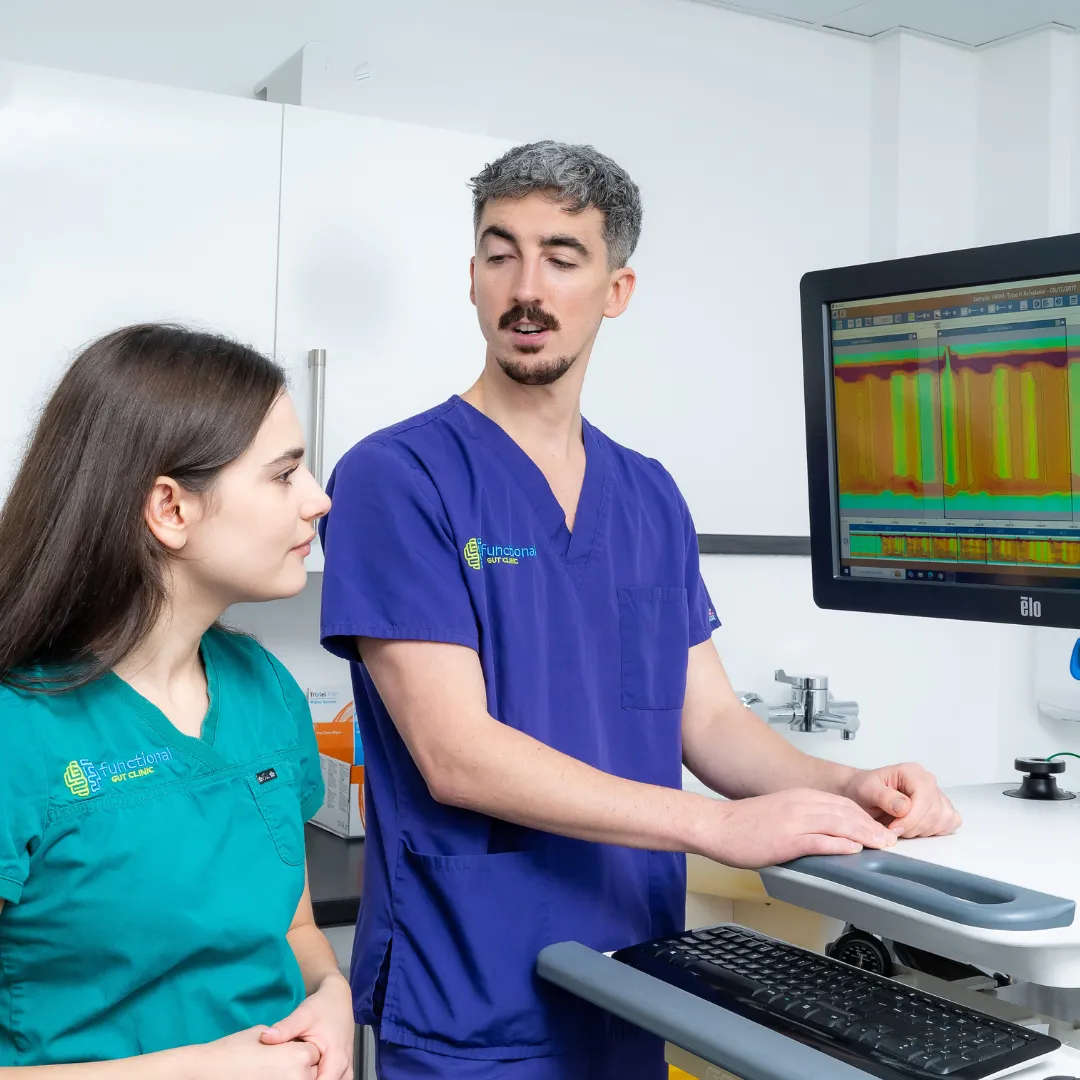
Diagnosing bloating
Feeling bloated is no fun, but once you know what’s going on you can start to manage your symptoms and the underlying causes.
Testing options:
At the Functional Gut Clinic, we can run the following tests to diagnose the causes of bloating:
Gastric emptying test– which measures how quickly food leaves your stomach
Carbohydrate malabsorption breath test– which finds out if you have certain food intolerances (lactose or fructose)
Small intestinal bacterial overgrowth (SIBO) breath test– which finds out if you have an overgrowth of bacteria in your small intestine (called SIBO)
Oesophageal manometry– which measures the function of your oesophagus (food pipe)
24-hour pH impedance monitoring– which looks at whether you have any reflux
Colonic transit study-a non-invasive test which looks at how long it takes for faeces to pass through your bowl
Learn more about bloating
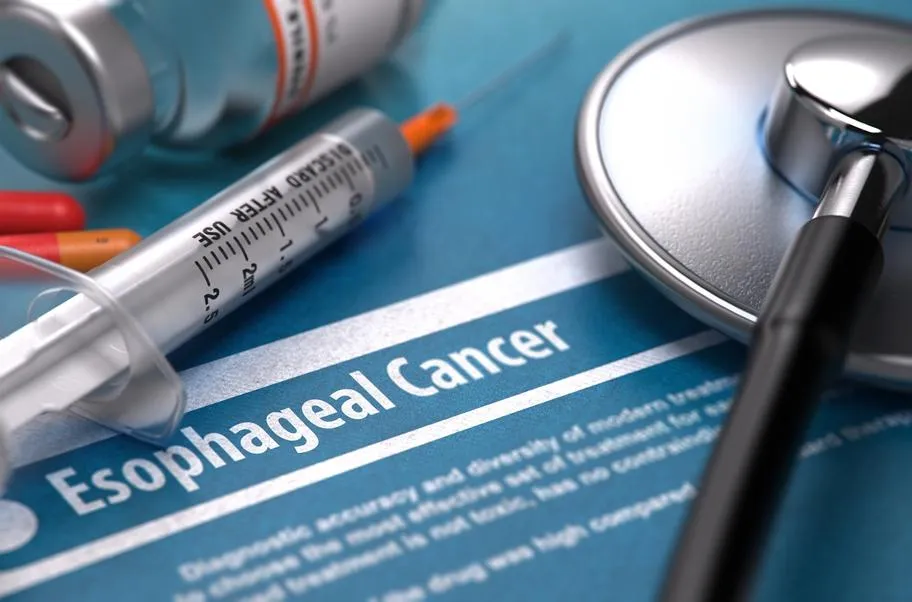
Everything To Know About Esophageal Cancer
Esophageal cancer is a rare cancer that develops in the tissues of the esophagus. Initially, you may not notice any symptoms. However, as the cancer progresses, it begins to affect swallowing, causes chest pain, weight loss, vomiting, choking, or a chronic cough.
The esophagus is a hollow muscular tube that connects your throat to your stomach. Food passes through here after swallowing. Malignant tumors – known as an esophageal carcinoma – can develop anywhere along the length of the tube.
Like all cancers, it is progressive in nature. As it grows, it begins to affect the surrounding tissue, leading to the characteristic symptoms.
What Is Esophageal Cancer?
Esophageal cancer is a relatively rare cancer affecting the esophagus. There are two main types of esophageal cancer:
Squamous cell carcinoma involves the flat cells of the mucosa lining of the esophagus.
Adenocarcinoma develops from glandular cells – it’s associated with Barrett’s esophagus.
Either of these cancers can occur along the full length of the esophagus. However, cancers in the upper and middle of the esophagus are usually squamous cell carcinomas, whereas those further down are usually adenocarcinomas.
Symptoms of Esophageal Cancer
In the earliest stages, esophageal cancer rarely causes any symptoms. It’s only when the cancer begins to invade surrounding tissues or block the esophagus that problems can arise.
Common symptoms of esophageal cancer include:
Difficulty swallowing (dysphagia)
Unexplained weight loss
Chest pain or discomfort
Persistent cough or hoarseness
Indigestion or heartburn
Vomiting or regurgitation
Fatigue
Coughing up blood (less common)
A persistent cough or hoarseness can occur because the cancer affects the recurrent laryngeal nerve, which supplies the voice box. Unintended and continuous weight loss is also commonly associated with esophageal cancer.
What Causes Esophageal Cancer?
The specific mechanism behind esophageal cancer is unknown. Researchers believe it’s linked to changes in the DNA of cells, which causes them to proliferate endlessly. However, the exact genes have yet to be identified.
Several risk factors for esophageal cancer are known. These include:
Smoking
Heavy alcohol consumption
Chronic acid reflux (GERD)
Obesity
Older age (typically over 60)
Male sex
A diet low in fruits and vegetables
History of head, neck, or upper digestive tract cancers
Exposure to certain chemicals (e.g. in the workplace)
Achalasia (a rare swallowing disorder)
HPV infection (linked to some rare cases)
Barrett’s esophagus is another risk factor linked to acid reflux. Repeated episodes of acid exposure trigger changes in the esophageal lining, causing the cells to look like those in your intestines. These changes increase the risk of cell mutations and therefore esophageal cancer.
Diagnosing Esophageal Cancer
The cancer will continue to progress if left untreated. The earlier the diagnosis, the better the outcomes.
The primary method for diagnosing esophageal cancer is an endoscopy. A thin, flexible tube with a camera is passed down the throat to allow your physician to visualize the esophageal lining. During the procedure, pictures and biopsies can be taken for later analysis. Biopsies are sent to a lab to determine if it’s cancerous.
Other diagnostic tests include:
A barium swallow which is an older test where a person swallows barium and undergoes an X-ray. The barium allows the doctor to see the lining of the esophagus, identifying any growths or blockages.
A CT scan and a PET scan are advanced imaging options. These tests can determine how far the cancer has spread locally and throughout your body. Your doctor might also consider an MRI scan.
Unfortunately, around half of those who receive a diagnosis of esophageal cancer already have cancer elsewhere in their body.
Treating Esophageal Cancer
Esophageal cancer treatment depends on the level of spread. Generally, there are two options:
Surgery – for localized tumors
Chemotherapy and radiotherapy – for later-stage cancers
Surgery
Surgical removal of cancer is the preferred method. If the tumor hasn’t spread, then a surgeon will attempt to remove it endoscopically. They will also remove a portion of the esophagus along with any nearby lymph nodes – to ensure they’ve got as much as possible.
The esophagus can be partially reconstructed using tissue from the stomach or intestines.
Chemotherapy
Chemotherapy involves giving drugs that attack the cancer cells. It can be used alone or alongside surgery to fully eradicate the cancer.
Radiotherapy
Radiotherapy uses beams of radiation to kill the cancer cells. The radiation can be delivered externally or adjacent to the tumor (brachytherapy).
Prevention Is Better Than Treatment
While not all cases of esophageal cancer are preventable, managing key risk factors — especially acid reflux — is essential. That’s where early, expert diagnosis comes in. The Functional Gut Clinic offers comprehensive diagnostic tests for people with GERD symptoms.
Don’t ignore persistent heartburn, regurgitation, or discomfort. Our expert team offers advanced diagnostic tests to get to the root cause of your symptoms — so you can find relief and take back control of your gut health.
Book a consultation today and start your journey to better digestive health.
Hear from people we’ve helped, just like you.
"Very professional while welcoming and friendly"
"The manner and demeanour of all staff from reception to people carrying out the test was very professional but welcoming and friendly. Atmosphere is very relaxed and all instructions clear and concise."
London Patient

"Highly recommend this"
"Thanks to Dr Hobson and everyone at the Functional Gut Clinic. The whole team is very kind and generous and they are doing things that are cutting edge and they actually get results."
Manchester Patient

"Highly recommend this"
"After stopping my lansoprazole, every time I had a warm drink, I could feel it burn all the way down to my stomach. Thank you to Sam for making me feel at ease." - Manchester Patient

"My experience could not be better"
"Pleasant and knowledgeable staff that made the experience more enjoyable than it should be!" - London Patient

"Very friendly and knowledgeable"
"An excellent service from beginning to end. I would recommend to anyone who was considering having testing done. Very friendly and knowledgeable!" - Manchester Patient

"Very kind and helpful"
"It was also great to have time to talk to the clinicians – very important when you have problems. Reception staff also very kind and helpful." - Manchester Patient

Are you experiencing any other symptoms
Symptoms are often closely connected. Find out more below.
Reflux
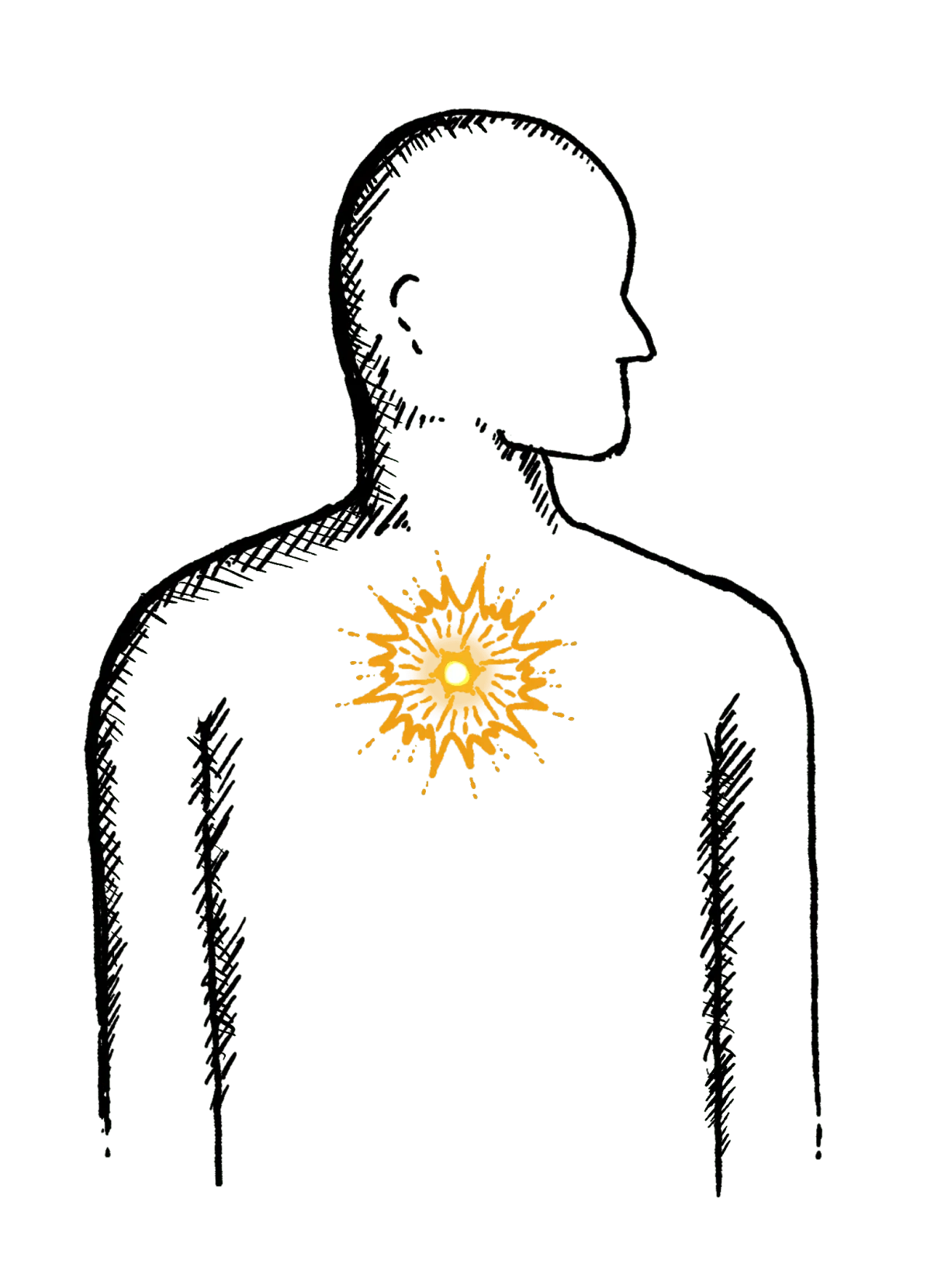
Burning mid-chest, worse when bending or lying down
Constipation
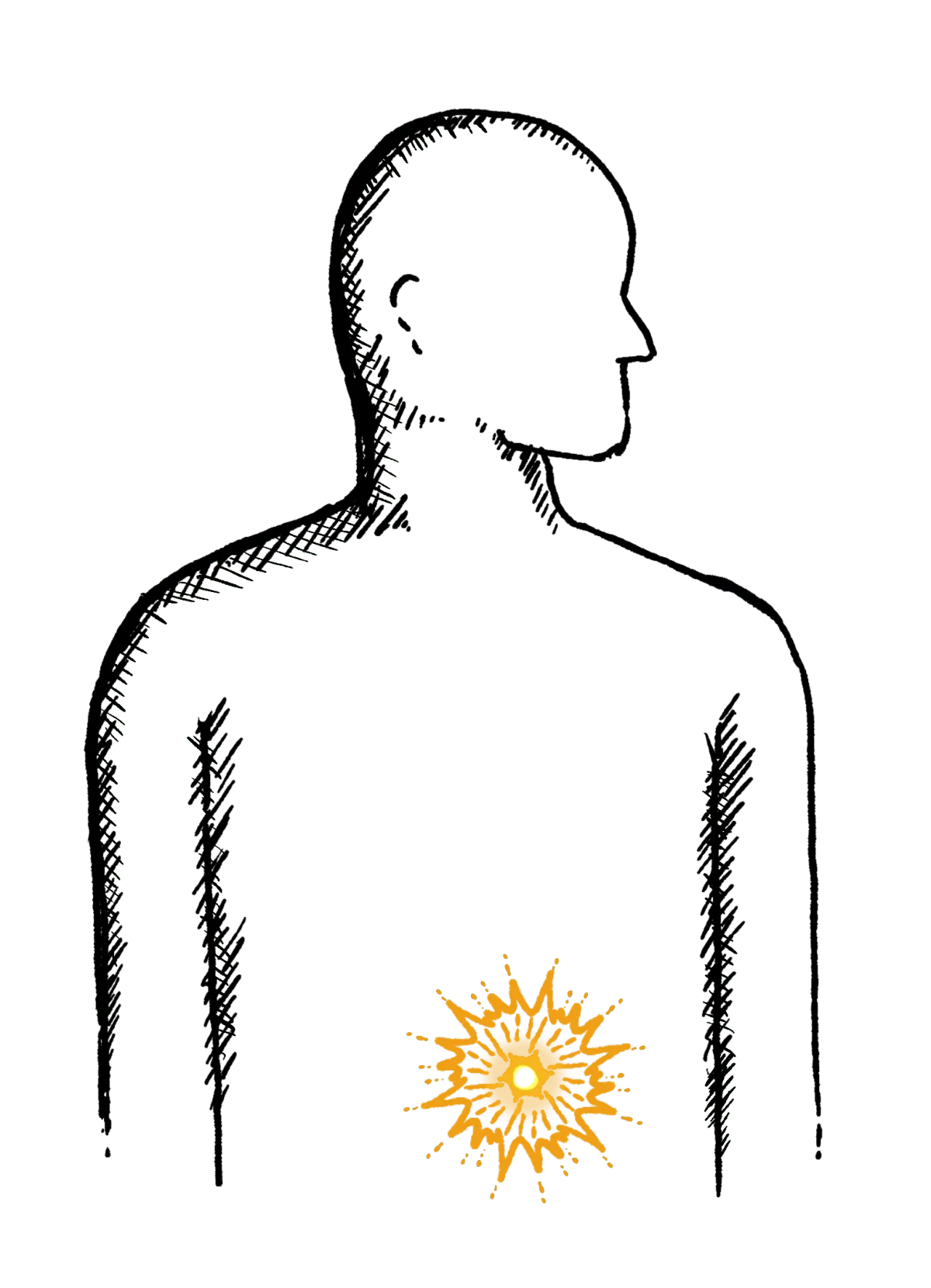
Difficulty going to the toilet, unusual stools, often with stomach ache or intestinal cramps, bloating, nausea or appetite loss
Heartburn

A burning pain in your chest, just behind your breastbone.
The pain is often worse after eating...
Regurgitation
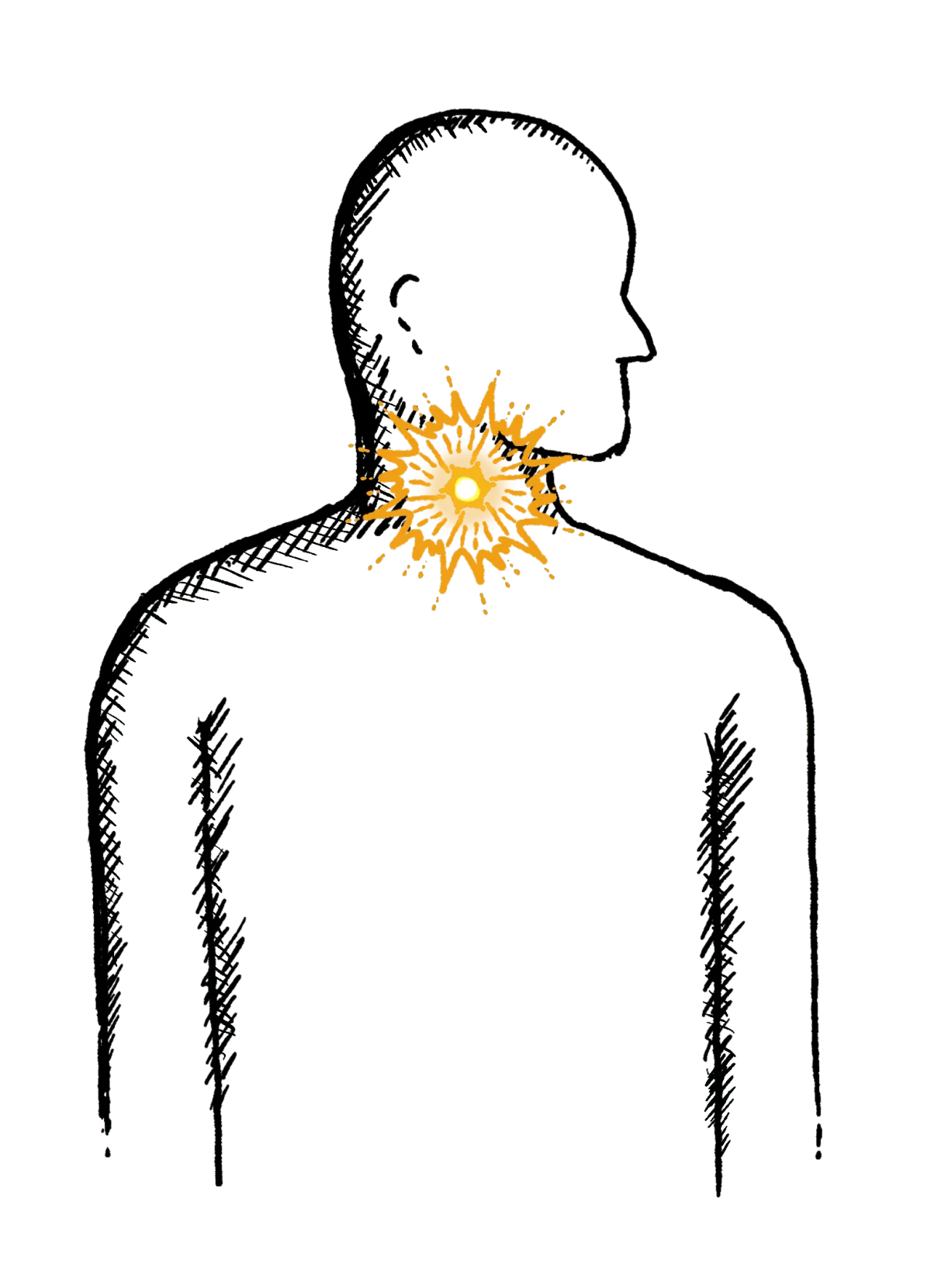
Bringing food or drink back up, difficulty swallowing, feeling that food or drink is stuck in your throat, horrible taste in your mouth
Swallowing Issues

Dysphagia - difficulty swallowing, feeling that food or drink is stuck in your throat, horrible taste in your mouth
Diarrhoea
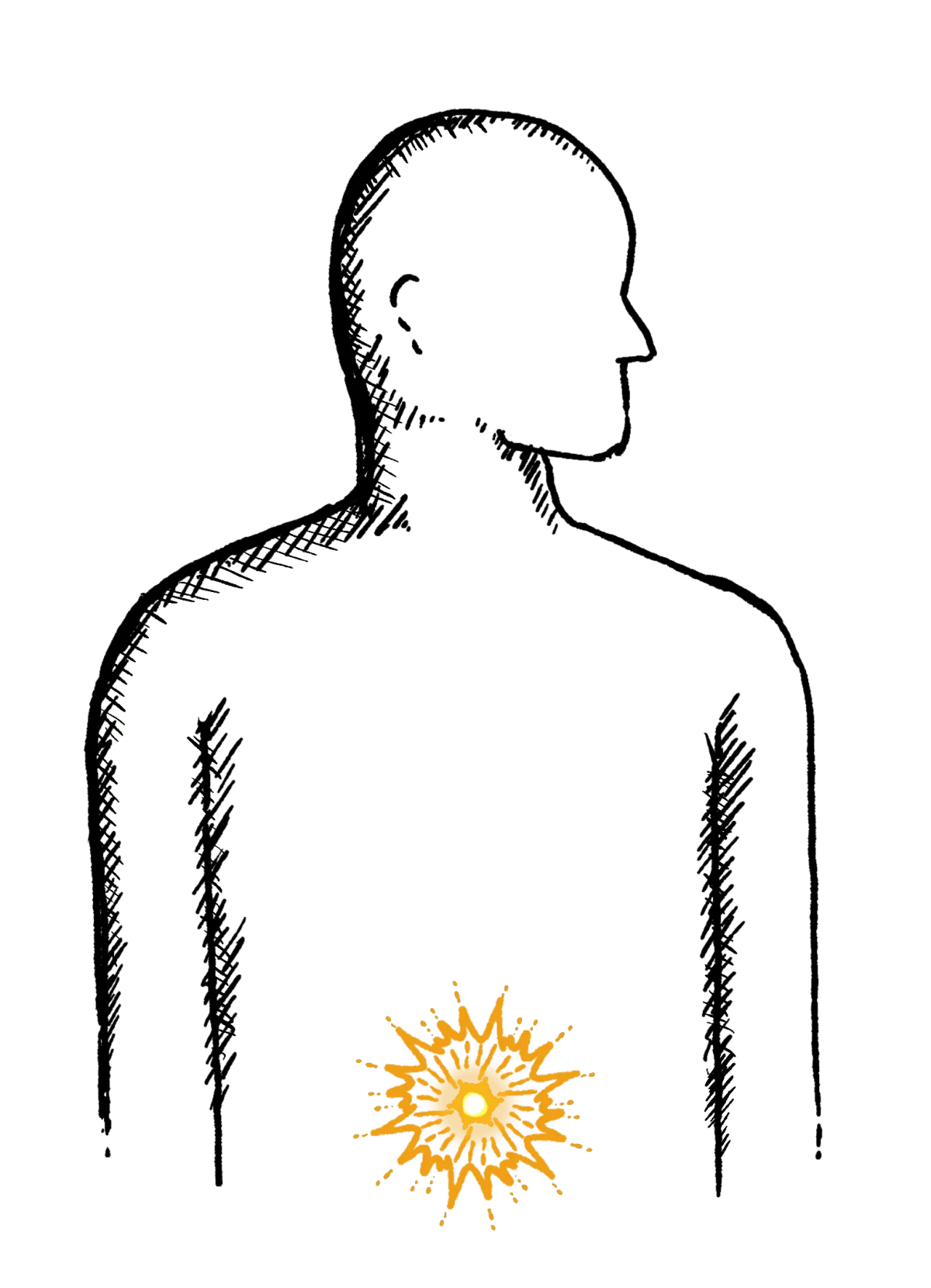
Loose or explosive stools, can’t get to a toilet in time
Abdominal Pain
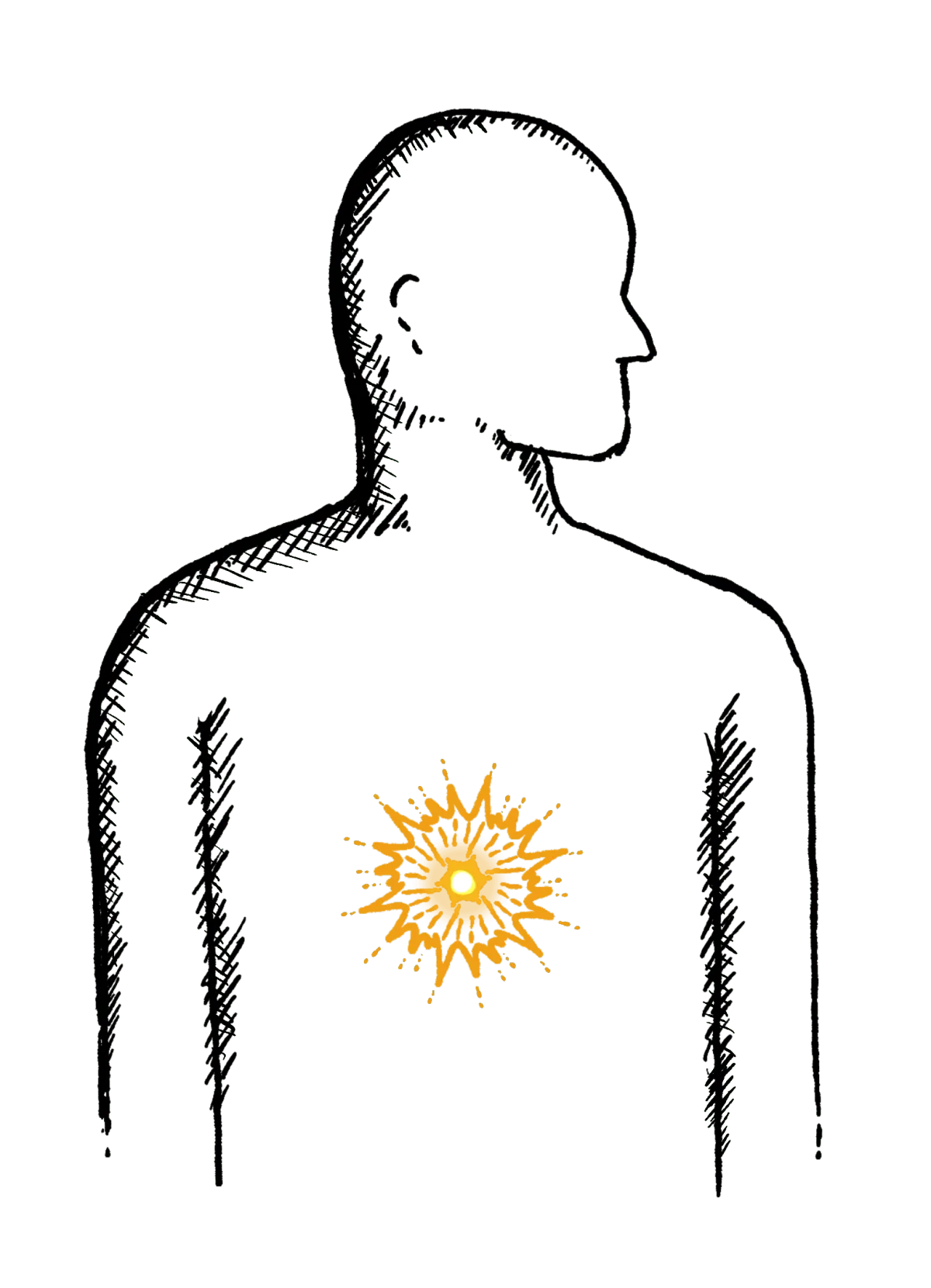
Cramps; sharp or dull pain, Bloating, Excessive belching, Nausea or vomiting
Faecal Incontinence

Stools leak unexpectedly, Can’t get to a toilet in time
IBS
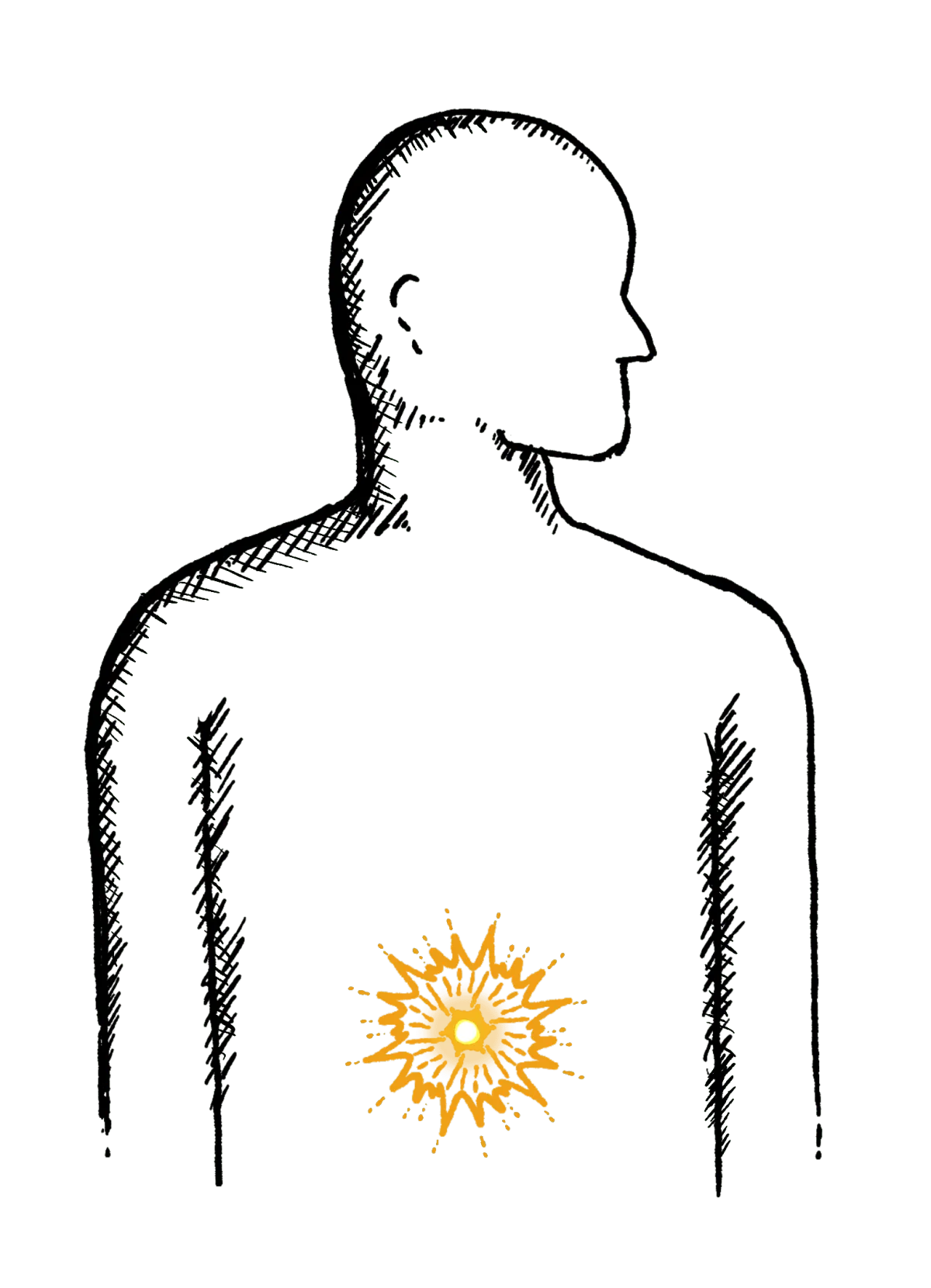
Abdominal pain or cramping, bloating, changes in bowel habits and urgency, gas

